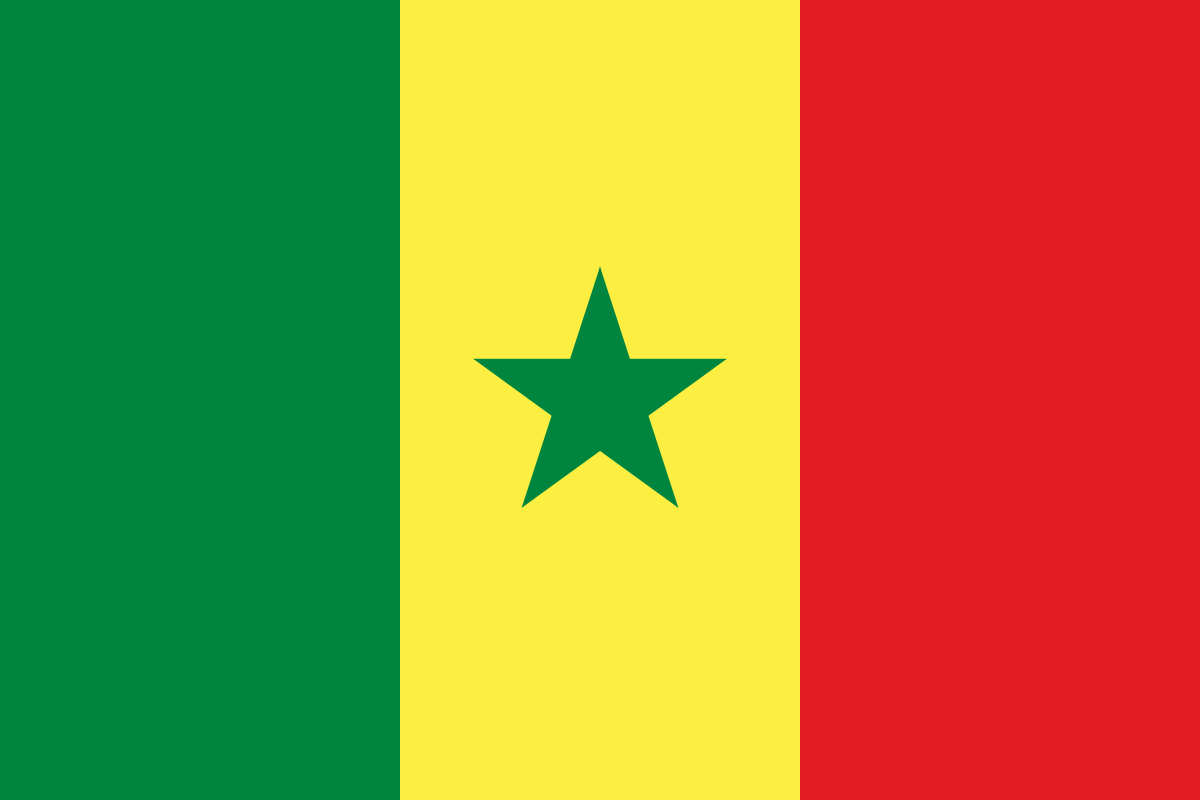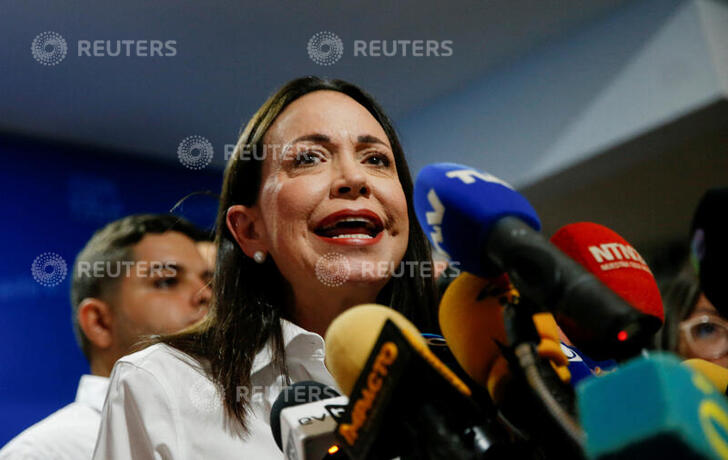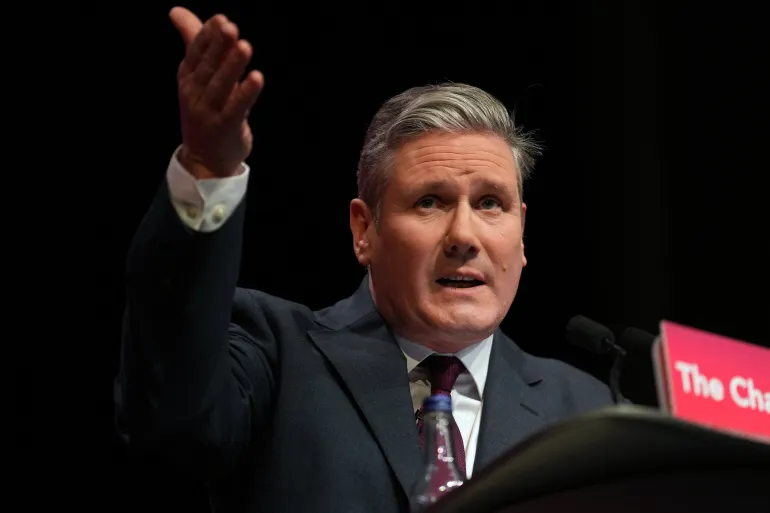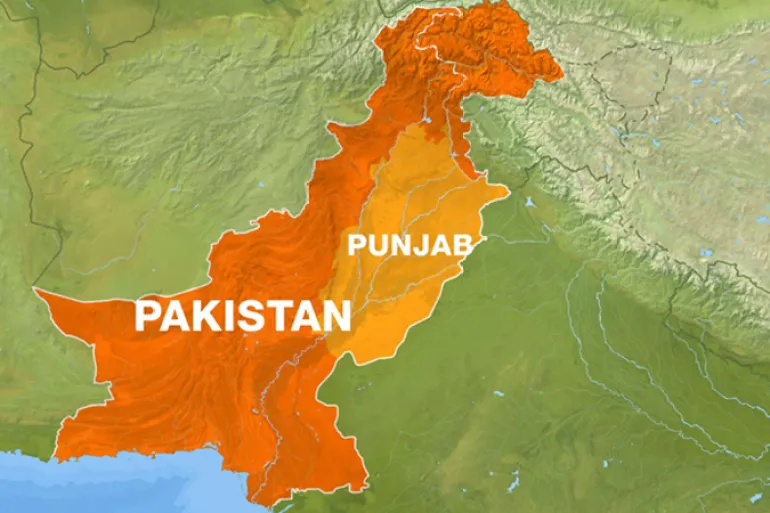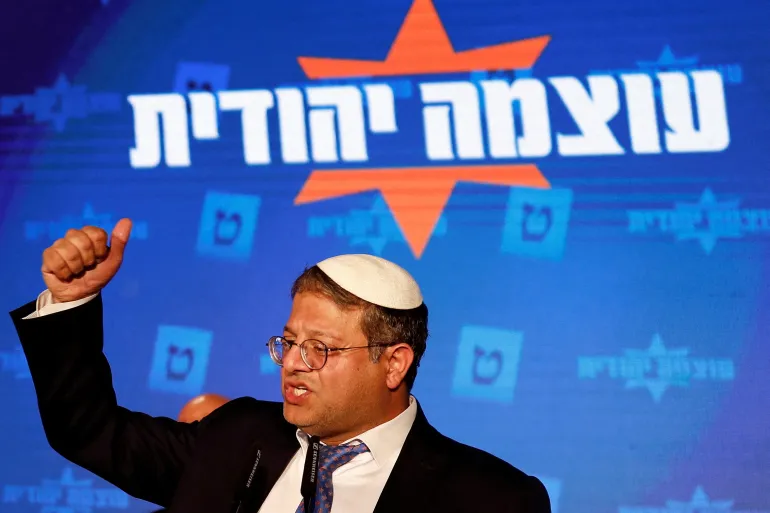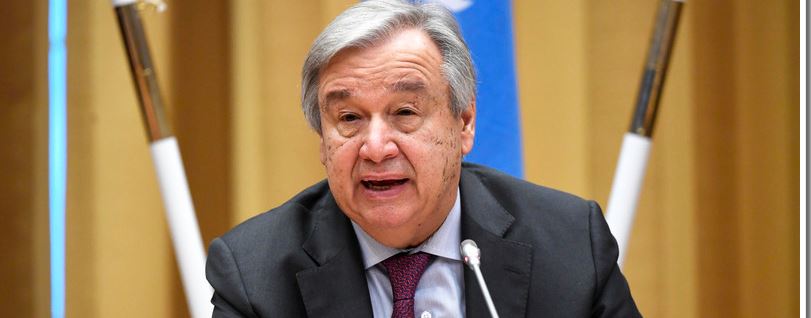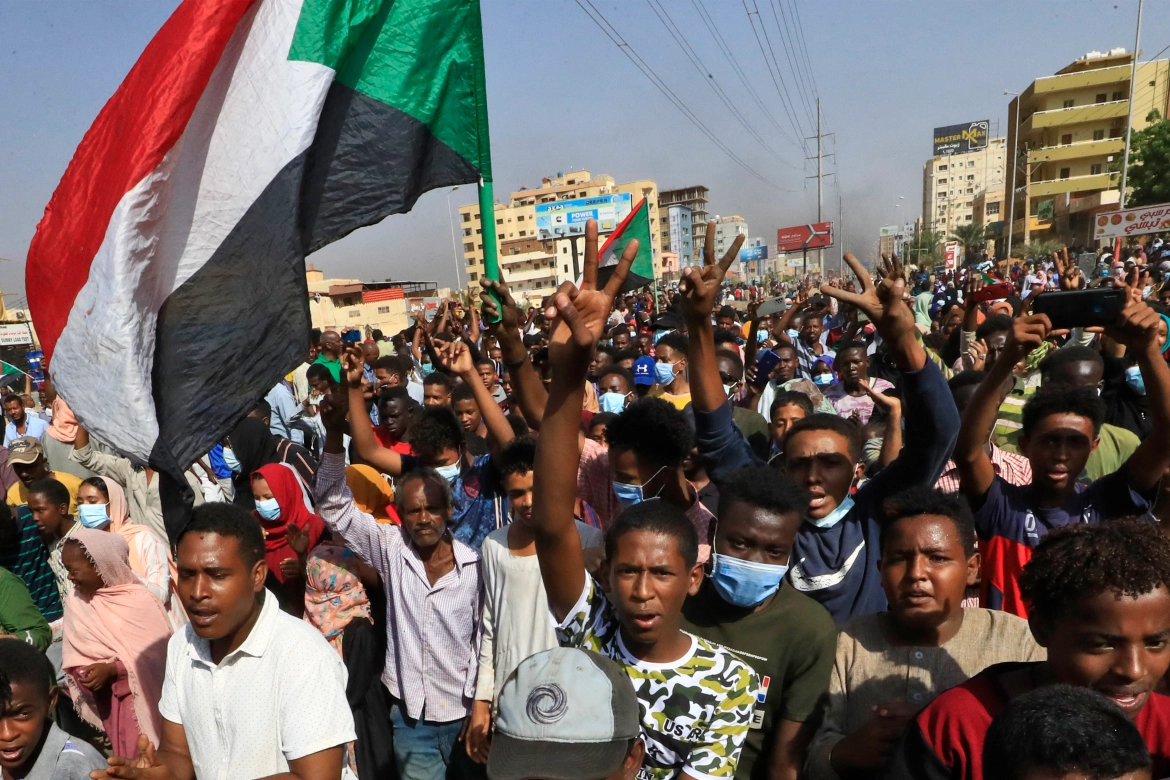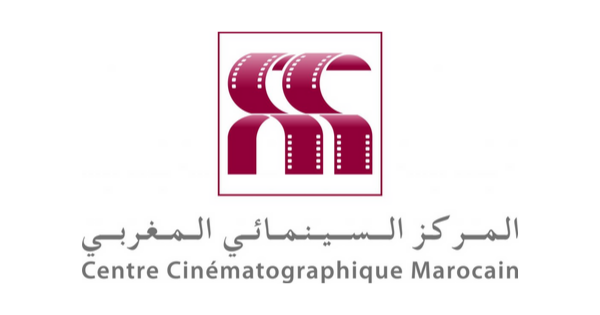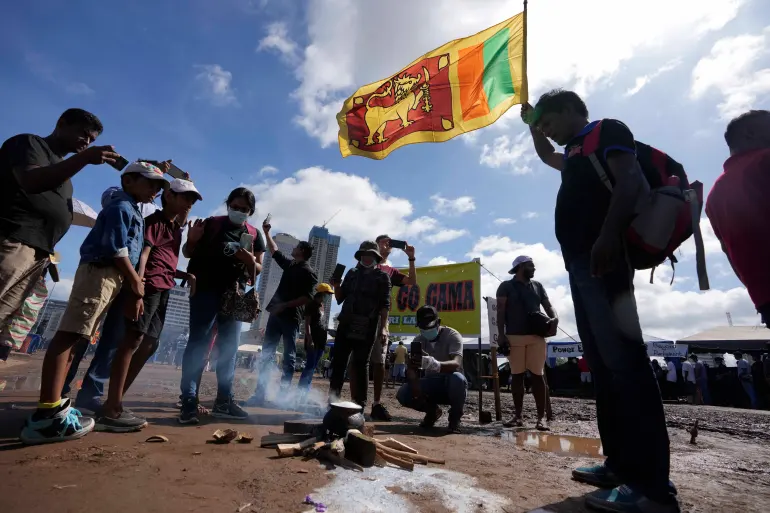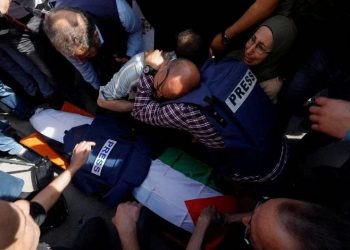‘East Africa in brutal state of despair’: AJ Public Liberties speaks to AU Commission Chair Solomon Dersso
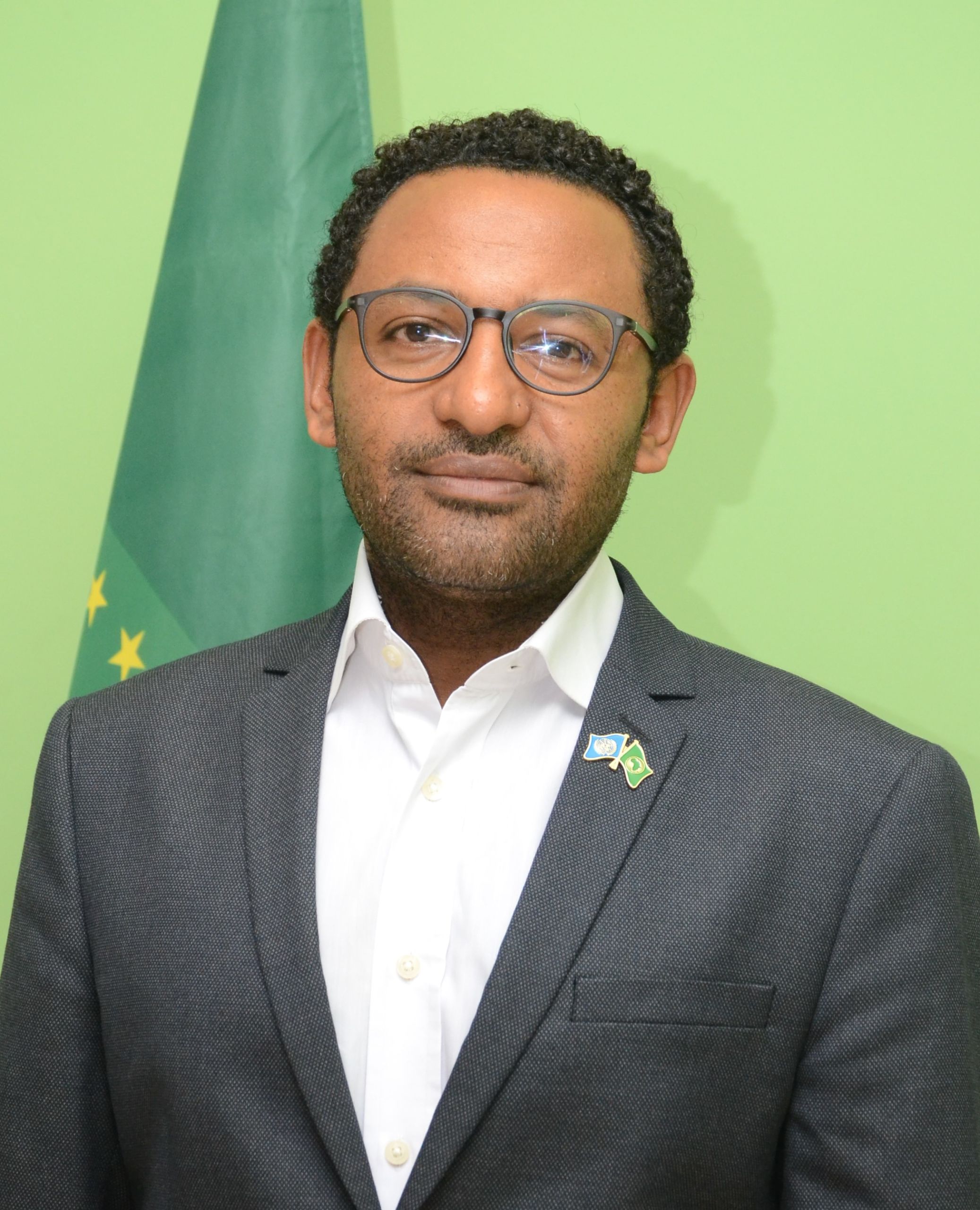
African Commission Chairperson Solomon Dersso
Solomon Dersso was appointed as Chairperson of the African Commission on Human and People’s Rights in 2019.
Dersso, an Ethiopian national, previously worked as a legal scholar and as founding director of the think tank Amani Africa.
He speaks to Al Jazeera’s Mia Swart about his mandate and the work of the Commission over the past two years:
Swart: You assumed the position of African Commission chair in November 2019, about two years ago. What were your goals when you assumed the position and how much progress has there been so far?
Dersso: At the time of my election as the Chairperson of the African Commission, there have been various strategic, institutional and operational challenges facing the African Commission that we as the African Commission had to rise to the occasion to address.
At the strategic level, the challenges we face include: a) those of the prevalence of serious human rights challenges arising from both the democratic governance deficit leading to perpetration of violations and structural conditions (such as pervasive poverty, patriarchy and the gender oppression it engenders, violent conflicts etc) that inhibit access to wide range of human and peoples’ rights, b) the need for the development of a strategic plan of the Commission, c) mending the trust deficit that brought the relationship of the Commission with States Parties to a breaking point and the related challenges of upholding its independence from all sources of influence irrespective of their sources whether state or non-state actors and d) enhancing the public profile of both the Commission and its work to enhance the impact of its human rights promotion and protection work.
At the institutional and operational level, the Commission has for long suffered from chronic staffing shortage which seriously impeded its effective functioning.
Operationally, also of concern is the backlog of cases and the slow pace of the processing and adjudication of such cases, which has seriously affected the protection mandate of the Commission.
When assuming the role of chairing the Commission and as outlined in my concluding statement of the 65th Ordinary Session of the Commission in November 2019, I set out specific plans for positioning the Commission to have the standing to work towards addressing these challenges. With respect to the first strategic challenge, we worked very hard to respond promptly through public statements, letters of urgent appeals, resolutions and the adoption of provisional measures condemning reported acts of violations and calling for corrective measures to reports of violations of human rights on the continent.
We have strengthened our engagement in this respects both in terms of quality and approach of our engagements and the rigor of the substance of issues that we address through such engagements.
It is worth noting that these engagements cover nearly all situations on the continent ranging from such issues as the closure of the civic space via the misuse of certain laws such as anti-terrorism and cyber security laws or the abuse of use of state violence affecting journalists, civil society actors, human rights defenders, opposition politicians and people with dissenting voices to electoral violence and illegal and unconstitutional attempts at staying in power to the condemnation of horrendous acts of violations in conflict situations.
I am heartened by the fact that these engagements lend political and legal support and affirm the legitimacy of the voice of individuals and communities affected by such violations. These engagements also help in amplifying and supporting the work of national human rights institutions and civil society organizations.
The Commission adopted a five year strategic plan for 2021-2025. Within this framework, I led the effort of the Commission for mending the trust deficit that brought the relationship of the Commission with States Parties to a breaking point, which is done both through enhancing the Commission’s engagement with states, explaining the mandate of the Commission as set out in the African Commission and how the Commission goes about working towards the fulfillment of its mandate.
It has been and remains my view that the fact that the Commission’s position is at variance with the politically expedient position of member states should not lead to breakdown of relationship with states and the way to prevent such breakdown is to ensure that the Commission’s position is informed by the terms of the African Charter on Human and Peoples’ Rights and evidence based analysis of the human rights issues that our Commission is seized with.
I have to say that our efforts are showing results…
Swart: How much confidence do states have in the Commission?
Dersso: I have to say that our efforts are showing results and there is now increased confidence in the work of the Commission despite continuing differences between the Commission and States Parties. This is critical considering that States are the principal obligation bearers under the African Charter as under any human rights system.
Partly on account of the poor visibility and public knowledge and awareness about the African Commission and its work, the impact of some of the headline making work and activities of the Commission have been weak.
Among others, it was during the past two years that the engagement of our Commission with the Peace and Security Council of the African Union has been institutionalized, thereby giving our Commission enhanced avenue for mainstreaming human rights into the various policy platforms of the AU, most notably peace and security.
As the Chairperson leading the African Commission in a time of emergency, we have also been at the forefront of providing leadership on addressing the challenges of COVID19 and the human rights issues arising from it through advancing a human rights based approach to COVID19.
As Amnesty International reported, Our Commission is the first human rights body in the world to issue prescriptive guidance to states on a human rights based response to COVID19. Accordingly, long before the WHO declared the COVID19 as a global pandemic in March, our Commission issued the first such guidance on 28 February 2020. Since then, it has continued to issue a number of them by way of addressing specific thematic issues or through a comprehensive resolution.
To address the institutional challenges, we succeeded in having change of leadership at the level of the Secretariat of the Commission in Banjul and launched new initiatives for the building of the headquarters of the Commission. Importantly, we made deliberate effort for prioritizing the processing of cases, although in this respect of our delivery, to my disappointment including as Chairperson of the Commission, remains underwhelming and worrisome.
While I am generally satisfied with the progress we have made and effectively delivering on the objectives that I have set out when becoming the Chairperson of the Commission, for which I humbled by the prestigious Vera Chirwa award I received from the Centre for Human Rights University of Pretoria, I feel deeply concerned about the overall state of human and people rights on our continent. As I observed on many occasions, we are at a time when COVID19 has exposed the human rights issues of our time involving the intersecting challenges of the worsening of the democratic governance deficit exacerbated by nationalism and populism, resurgence of armed conflicts and violence, massive poverty and deepening inequality accentuated by weak institutional and policy response capacity, pervasiveness of gender oppression, and the human rights dimensions of climate emergency.
Swart: The African Commission and its decisions are often criticised for not having enough ‘teeth’ or enforcement mechanisms. Do you agree?
Dersso: It is true that, from a strictly legal perspective and viewed through the prism of legal positivism, the decision of the African Commission are recommendatory. In addition to this, the African Commission faces the challenge that other international bodies including judicial bodies face, namely that of lack of effective means of enforcing their decisions. Perhaps the exception to this is the European Court of Human Rights, whose specific legal and political context (on account of it being part of EU’s status as a supranational authority) is such that it is the exception that underscores the general trend.
But we have built a robust jurisprudence and practice to the effect that the obligation that states parties under the African Charter assumed are legally binding. Given that the instrument that States have put in place for monitoring and promoting implementation is the African Commission, good faith under the law of treaties demands states to consider and implement the decisions of the African Commission as legally authoritative interpretation of the African Charter critical to the fulfillment of their obligations.
In our engagement with member states, there has been no instance in which States challenge our decision for lack of being legally binding. From the widespread interest that the Report of the Commission attracts during the AU Policy Organs meeting, we understand that such is not the main problem. The level of poor integration of the regional legal norms at the national level and the weak culture of respect for rule of law on the part of states generally as well as the limited influence that the AU (which is responsible for enforcing the decision of the Commission) is able to exert over the behavior and policy actions of states are the key factors behind poor enforcement. This is not unique to the African Commission but is something it commonly shares with its sister AU human rights body, the African Court on Human and Peoples’ Rights which is established to complement the protection mandate of our Commission.
At the African Commission we have long recognized and have been working on the basis that the effectiveness of our work does not depend purely on legalistic approaches to compliance with our decisions. We have also been using and are expanding the use of other tools including diplomatic engagement with member states and promotional and advocacy exchanges and support to states for implementation through promotion visits at the national level and via the review of periodic reports of states parties. We also try to enhance compliance with our decisions through mobilizing public opinion and by tapping into the support and advocacy work of national actors including national human rights institutions, civil society organizations and the media.
Swart: What role does the African Commission play in bringing peace and democratic values to Africa?
Dersso: The African Commission has a direct role here both on account of the direct link between human rights on the one hand and peace and democratic governance on the other hand and due to the fact that the African Charter, as the only international human rights treaty, provides for the right to peace and security. It is worth recalling that it was in response to and in the context of the 1994 genocide against the Tutsi in Rwanda that the Commission established the first special mechanism.
While over the years the Commission engaged in responding to human rights issues in conflict situations through various means, this has largely been ad hoc and reactive. Following the adoption of a study by the Commission on human rights and peace and security in 2019, https://www.achpr.org/public/Document/file/English/ACHPR%20Conflict%20Study_ENG.pdf, a framework that consolidated its existing practice and outlines a systematic approach to promoting peace through human rights have been outlined. Against this background, the Commission supports and works on the investigation and reporting of human rights violations in conflict or crisis situations. Examples in this respect include its human rights investigation report on human rights violations in the context of the crisis in Burundi, https://www.achpr.org/news/viewdetail?id=198 which I had the fortune of leading the drafting and presenting it to the AU Peace and Security Council (a first such report by the Commission to be presented). Such reporting contributes to bringing peace through shedding light on the human rights dimension of conflicts.
By institutionalizing our engagement with the AU Peace and Security Council based on the recommendations of our Study, we have also created a key avenue for a more systematic consideration and application of a human rights based approach to peace and security.
We also work towards bringing peace through supporting transitional justice processes and the effective functioning of national human rights institutions. We are engaging in this respect, for example, in respect to the processes in The Gambia and in South Sudan.
All our activities in the promotion and protection of human rights are of direct significance and geared towards supporting democratic system of governance. Through the jurisprudence of our Commission, we have been advancing the rule of law and constitutionalism by supporting due process of the law under Article 7 of the African Charter. Through our human rights promotion works, we have worked to address the challenges of the shrinking civic space.
In calling out and condemning acts of violation of freedom of expression, freedom of assembly and association (see activity reports of the Commission), we continue to support and lend legal defense to both civic and political actors struggling for democracy and for the democratic process on the continent.
Swart: Is there anything the Commission can do about the current turmoil in the Sudan? And in Ethiopia?
Dersso: The Commission is one among many role players. Its principal role is the monitoring, investigation when necessary and reporting on the human rights issues in these situations. Its engagements in these cases, as in others, include the adoption of statements and resolutions as well as urgent letters of appeal. A quick perusal of the website of the Commission or its activity reports in 2020 and 2021 attests to the intensity of such engagements.
As you also know, with respect to the conflict in Ethiopia, the Commission has established a Commission of Inquiry, naturally, as a national of Ethiopia, I have recused myself and I am not in any way involved in the work of the Commission of Inquiry, hence could not comment on that specifically.
We continue to advocate for, for example, independent investigation into and holding those responsible for the massacre of civilians on 3 June 2019 in Sudan accountable. All of these are geared towards not only addressing violations of human rights that arise in such conflict situations, hence promoting accountability but also to make human rights integral part of and key instrument of the effort for resolving such conflicts.
Our analysis is that avoiding the perpetration of violations of human rights and IHL in the context of crises or conflicts is a legal imperative and the right thing to do. Additionally, experience from across the continent as documented in our study shows that the occurrence of violations in conflict situations makes such situations more protracted and hence their resolution more difficult.
Swart: Have African institutions failed the people of East Africa?
Dersso: On East Africa, there was a lot of hope, dream and promise for the situation in the region until a few years ago. It appears that, as in other regions such as North Africa that experienced the promise of the so called ‘Arab Spring’, the promise of hope has turned into a brutal state of despair, the dream of change has turned into a harrowing nightmare and what started as a dawn of a new day proved to be the dusk before a deep dark night with violence and instability spreading and heart-wrenching atrocities having been reportedly perpetrated.
The situation continues to unfold with the institutions set up to help address such situations unable or failing and all of us rendered utterly incapable of helping to bring an end to the suffering.
These developments have rendered the progressive norms of the AU and other institutions as well as their catalyst role for preventing conflicts and averting violations hollow. It is critical to interrogate why our institutions, including that of the African Commission working in concert with others, are unable to avoid such tragedies experienced in the various situations in East Africa.’
- Most Viewed
- Most Popular


